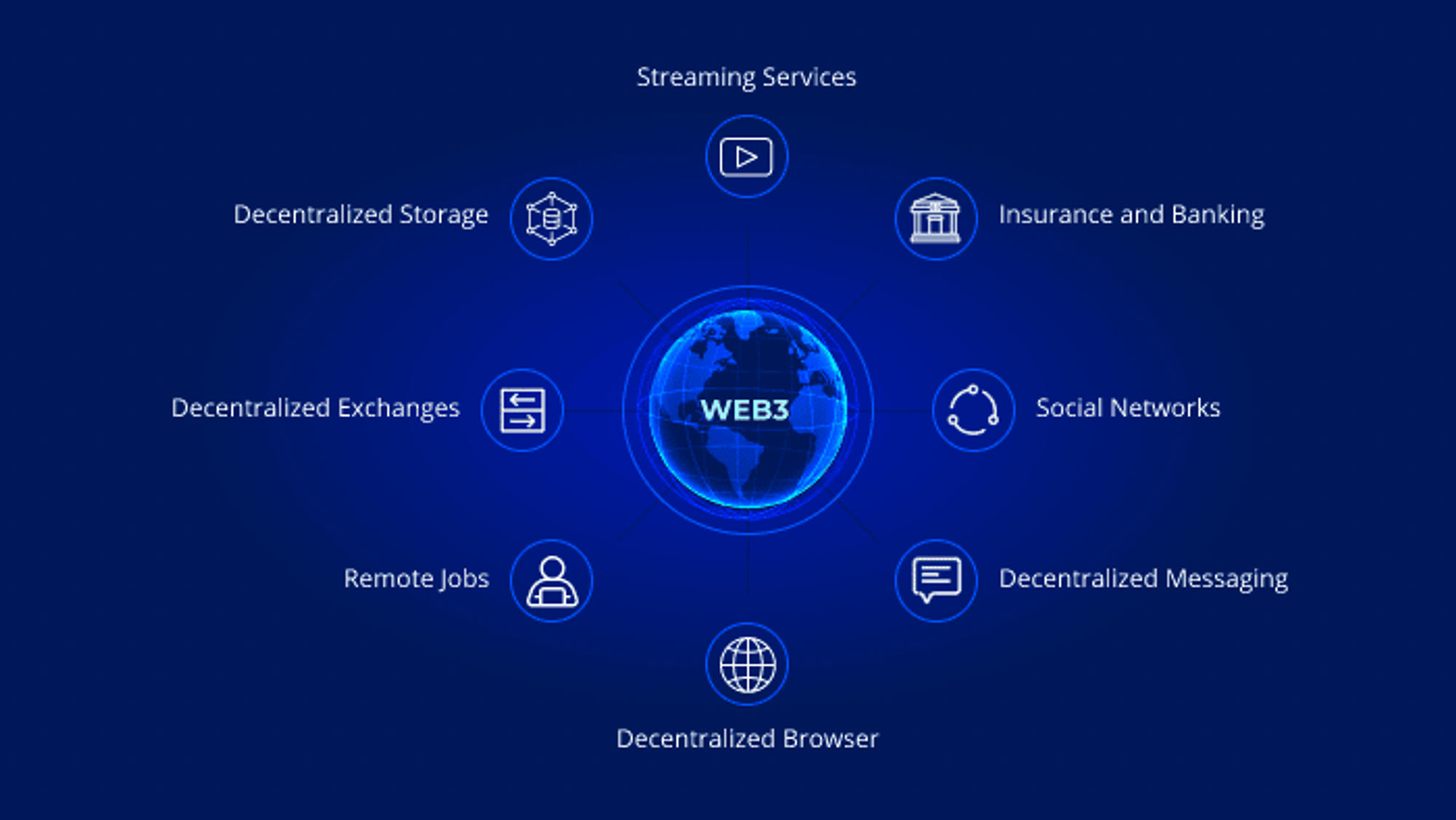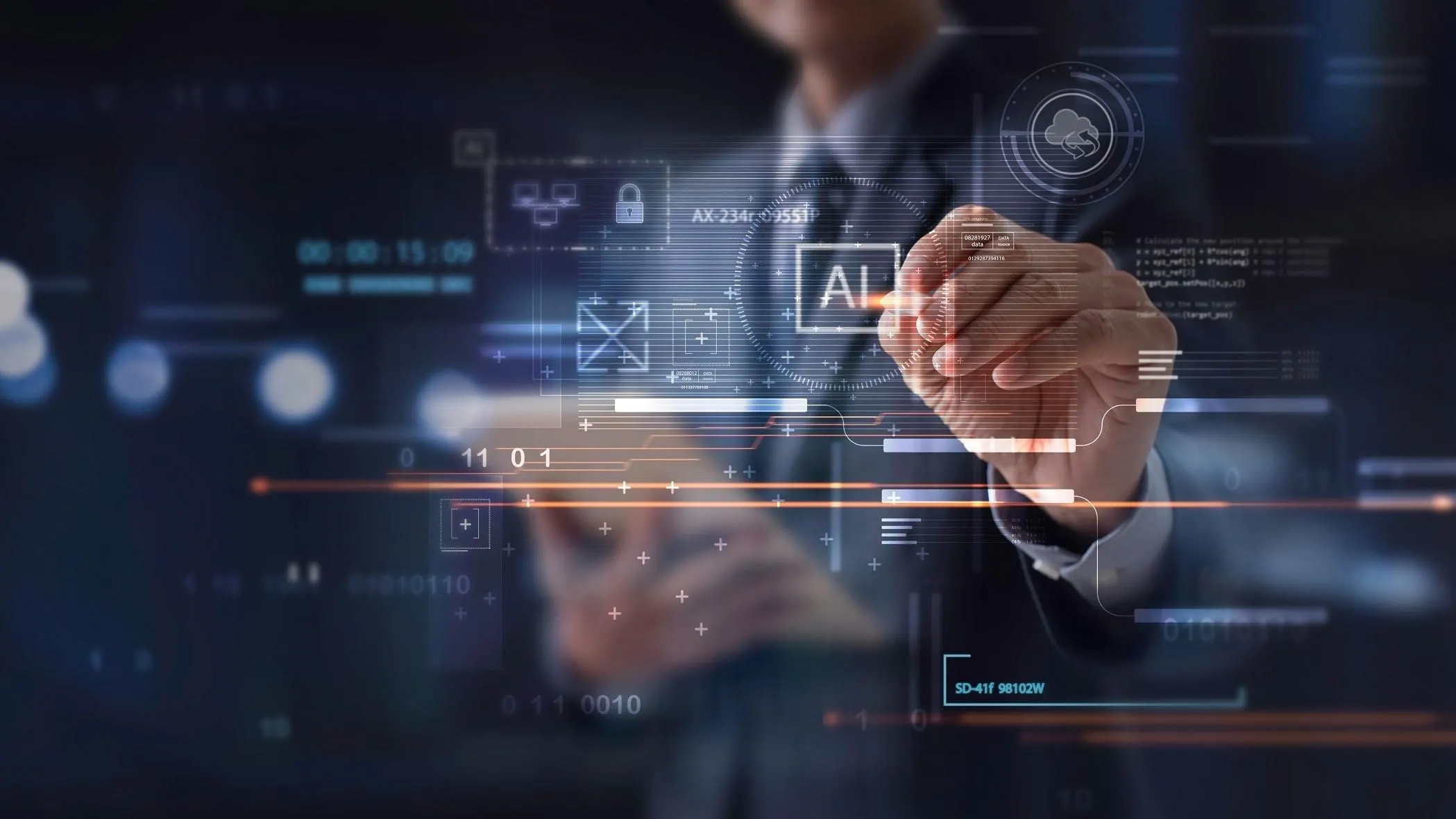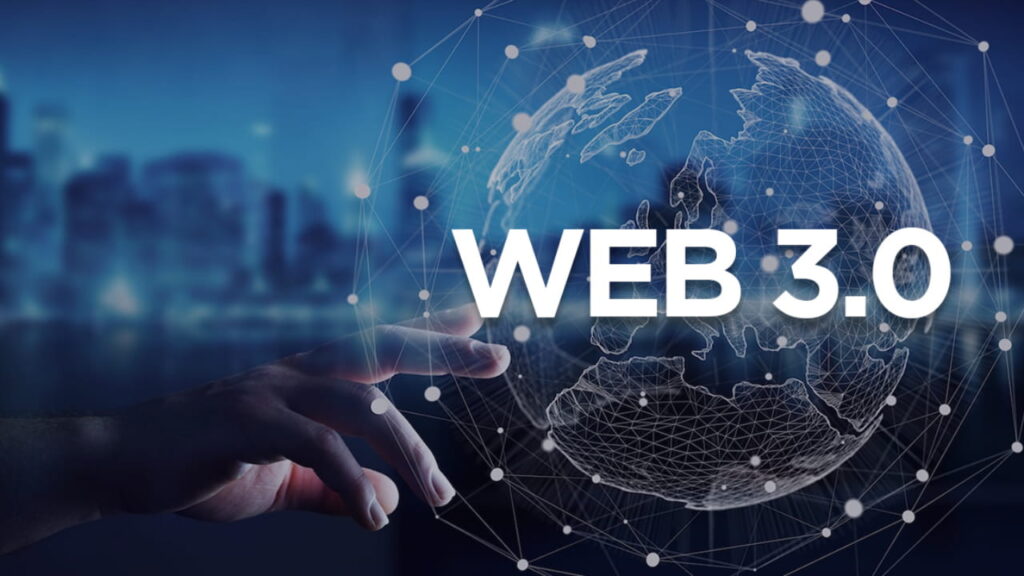The combination of Web3 technology with artificial intelligence (AI) is likely to drastically transform sectors and change the future of business as we gaze ahead to 2025. From supply chains to consumer experiences, the emergence of distributed platforms, the maturation of artificial intelligence systems, and the growing integration of both disciplines into daily corporate operations promise to change everything. At the core of Webit 2025, a new centre for the intersection of business innovation and technology, lies this progression.
This paper will discuss how the combination of AI and Web3 and artificial intelligence is preparing the foundation for revolutionary developments in retail, banking, healthcare, and entertainment, among other vital industries. We will also explore the broader implications of organisational structures, corporate models, and the global economy. Maintaining a competitive edge depends on businesses that want to stay ahead of these technology trends as the digital landscape evolves.
Web3 Revolutionising Data Control, Privacy, and Finance
A significant departure from the centralised infrastructure already ruling the internet is Web3, sometimes known as the distributed Web. It aims to disseminate data control, enabling consumers to own their digital assets, content, and personal data. Web3 creates a trustless environment through blockchain technology, thereby enabling peer-to-peer interactions free from intermediaries.

Within supply chain management, blockchain technology, driven by Web3, can monitor products from source to point of sale, offering open and verifiable data that improves accountability and efficiency. Blockchain is already being utilised in supply chains by companies such as IBM and Maersk. As Web3 technologies continue to develop, we can expect this acceptance to spread across multiple sectors.
Transforming Industries: AI and Web3 in the Future Economy
While the web emphasises decentralisation, artificial intelligence introduces data analysis and automation into the scene. The role of artificial intelligence will be vital in Web 2025, guiding companies toward more informed, data-driven decisions. By enabling real-time decision-making and unlocking new business opportunities. Artificial intelligence has the potential to transform sectors through machine learning algorithms, natural language processing, and predictive analytics.
AI-powered diagnostic devices can analyse massive amounts of medical data, including photos, patient histories, and genetic data, to detect diseases early. Predicting and stopping diseases before they spread changes everything for patient outcomes and healthcare cost-effectiveness.
Through predictive analytics, fraud detection, and customized investment strategies, artificial intelligence is also revolutionising the financial industry. AI-powered tools enable financial firms to identify trends in consumer behaviour, thereby ensuring more accurate forecasting and enhanced risk management. Simultaneously, the tamper-proof ledger of blockchain ensures the integrity of financial transactions, making the combination of Web3 with artificial intelligence compelling in sectors such as banking and financial services.
Synergy of Web3 and AI in Shaping 2025
The metaverse is one place where this mix is already having a major effect. Driven by Web3 protocols, the metaverse is a virtual reality enabling users to participate in creative, social, and financial events. AI technologies are enhancing user experiences in this immersive environment through intelligent avatars, customised content, and dynamic ecosystems that respond to human behaviour.
In sectors like gaming, Web3, and artificial intelligence, new approaches are emerging for consumers to interact with virtual environments. Unique monetization techniques and user-generated content are being created by blockchain’s capacity to develop verifiable digital assets—such as non-fungible tokens (NFTs)—paired with AI’s capacity for adaptive game design and player analytics.
The Impact of AI and Web3.
Through distributed financial services that are more accessible, efficient, and secure, the combination of Web3 and artificial intelligence is revolutionising the finance industry. Blockchain-powered DeFi systems enable peer-to-peer lending, borrowing, and trading to be free from established financial intermediaries. By offering real-time risk assessments, fraud detection, and tailored financial planning, artificial intelligence greatly increases the functionality of these systems.

Personalised consumer experiences driven by artificial intelligence are ushering in a significant shift in the retail industry. From automated customer service to predictive product recommendations, artificial intelligence is improving retail interaction with consumers. By utilising NFTs or tokenised assets, Web3 enables marketers to offer digital ownership of products. This thereby enhances consumer engagement and transforms traditional loyalty programs.
Final thoughts
More than just technologies, Web3 and artificial intelligence are forces transforming the entire foundation of corporate models. Data decentralisation and the autonomy of artificial intelligence will force firms to rethink their relationships with customers, partners, and employees. Companies must adapt to a world where digital assets are as valuable as physical ones and artificial intelligence is as integral to daily operations as human expertise.
By 2025, business operations will be more automated, dispersed, and data-driven across the board. From customer service to decision-making procedures, artificial intelligence will be the pillar of corporate innovation.


